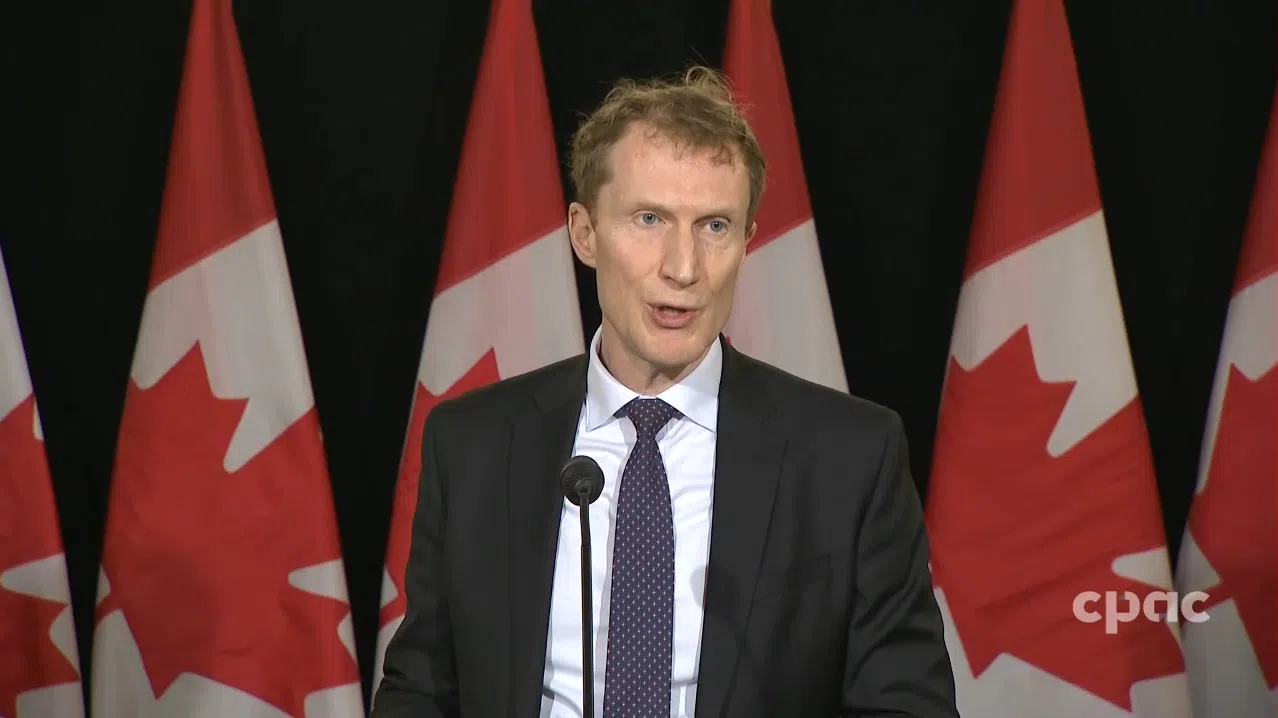Canada is placing a temporary two-year cap on new international student permits, officials announced Monday.
Immigration Minister Marc Miller said about 364,000 student visas are expected to be approved this year, down around 35 per cent compared to last year.
Miller said the temporary cap will ensure there is no further growth in the number of international students in Canada.
“We are also allocating the cap space by province, based on population, such as that some provinces will see much more significant reductions,” Miller told reporters during a news conference.
“We’ll continue to work closely with those provinces and territories to put those measures into place as they will be responsible for determining how the cap is distributed between its designated learning institutions.”
Miller said this is the latest in a series of measures to improve program integrity, set international students up for success, and maintain a sustainable level of temporary residents in Canada.
The minister said some private institutions have been taking advantage of international students “by operating underresourced campuses, lacking supports for students, and charging high tuition fees all the while significantly increasing their intake of international students.”
“These measures are not against individual international students. They are to ensure that as future students arrive in Canada, they receive the quality of education they signed up for and the hope that they were provided in their home countries,” said Miller.
“It would be a disservice to welcome international students in Canada knowing not all of them are getting the resources they need to succeed in Canada and having them return home disillusioned and disappointed in Canada’s education system.
“Allowing bad actors to continue their operations would be a disservice to all the good institutions who pride themselves in providing a top-tier academic experience.”
Immigration, Refugees and Citizenship Canada also announced changes to the post-graduation work permit program.
As of Sept. 1, international students who begin a study program that is part of a curriculum licensing arrangement — where students physically attend a private college that has been licensed to deliver the curriculum of an associated public college — can no longer get a post-graduation work permit.
Graduates of master’s and other “short graduate-level programs” will soon be able to apply for a three-year work permit.
In addition, open work permits will only be available to spouses of international students in master’s and doctoral programs.





